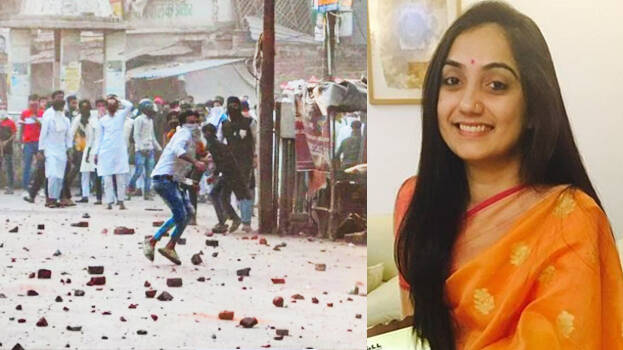An amazing event in international politics took place at the end of last week. But it began as an internal event in Indian politics. Nupur Sharma, the spokeswoman for the ruling Hindu chauvinist Bharatiya Janata Party (BJP), insulted the Prophet Muhammad, may Allah bless him and grant him peace, during a debate. As a result, spontaneous protests by local Muslims erupted in India, escalating into riots. What is so surprising about this? There is nothing surprising about it.
Moreover, it is telling that despite the moral and often physical terror of aggressive cow worshippers, Muslims in India are still able to actively express their position in such situations. This distinguishes India’s rather conditional and specific democracy from regimes like totalitarian China, where this is impossible on such a scale.
What is surprising today is that the Gulf monarchies have taken a firm and consolidated position on this issue, strongly condemning the spokesman of the ruling party and threatening to freeze relations with India. And what happened? The BJP promptly removed the troublemaker from her post, apologized for her actions, condemned her actions and stated that they were contrary to the party’s position. Although it is well known that this party has unofficially provided cover for brazen verbal and physical attacks on Islam and its followers for decades. However, while it can afford to ignore its internal Muslims, it has had to sing a different tune when it comes to a consolidated response from India’s major economic partners.
In other words, can Muslim governments actually act when they want to? Then perhaps they should not limit themselves to such blatant cases, but make it a systematic basis, as the West is doing with the Uighurs in China. And at the same time, when concluding major international treaties, they should not hesitate to ask uncomfortable questions about the condition of Muslims in those countries. Perhaps then this situation would begin to improve across the board.

